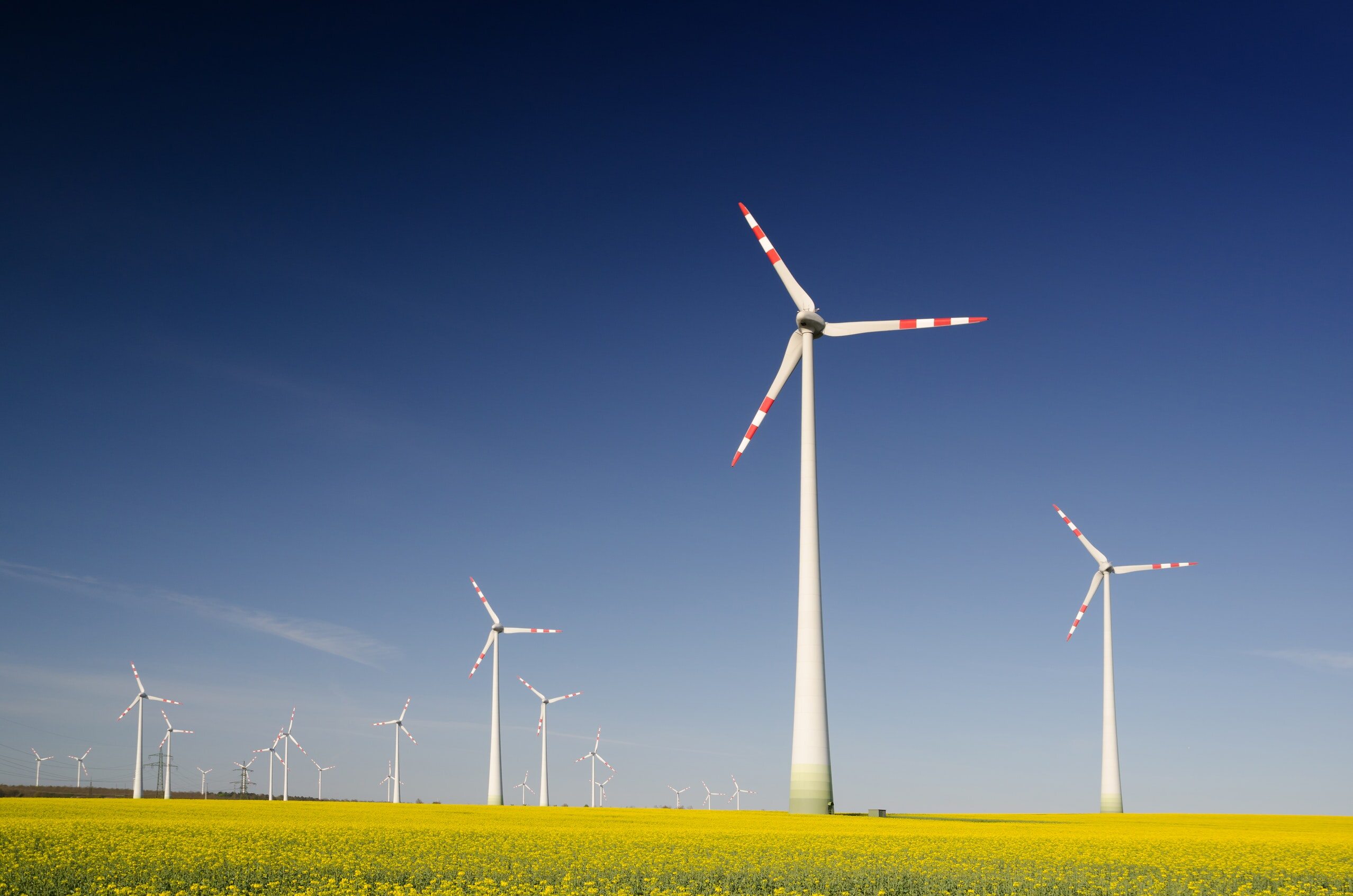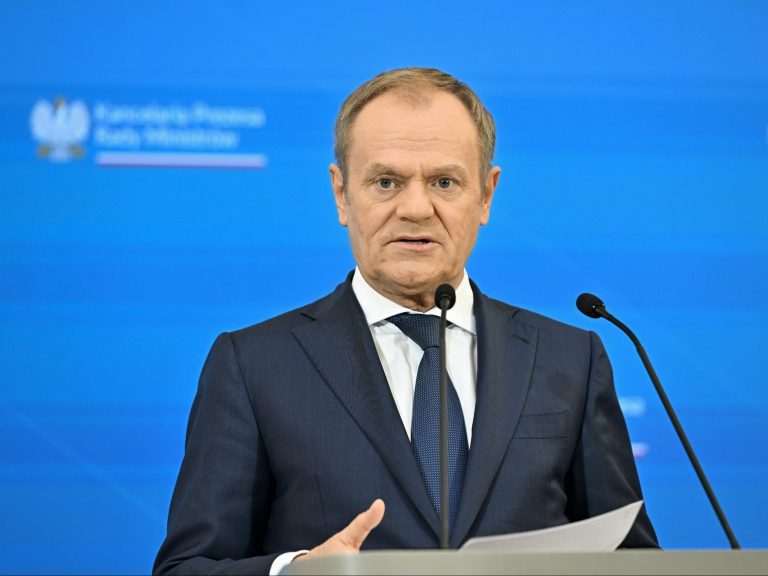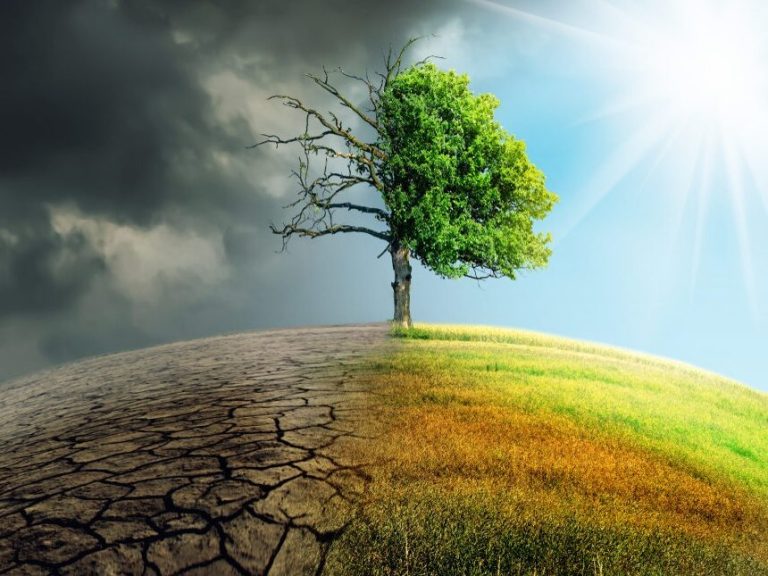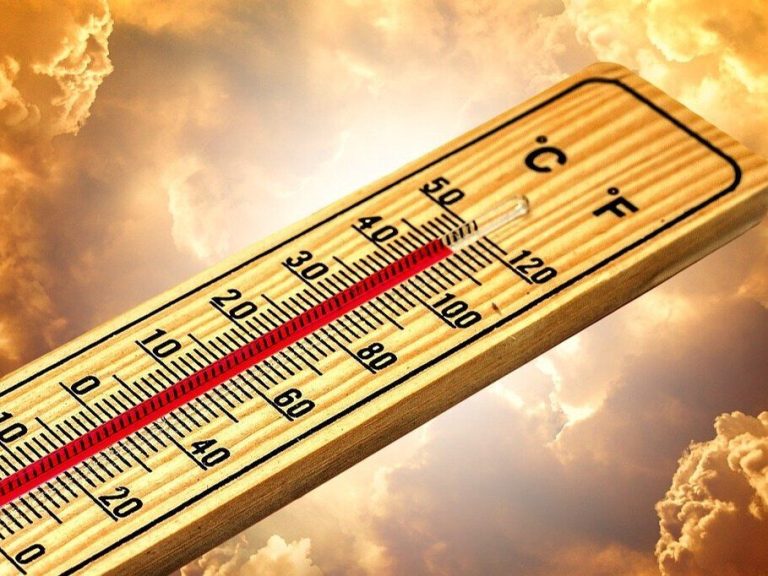A way to get out of the crisis? Renewable energy sources can help

Large-scale energy transformation and investments in renewable sources can help stop global warming, but also overcome the economic recession caused by the SARS-CoV-2 pandemic, says the International Renewable Energy Agency IRENA. The European Union also sees opportunities for economic development in this direction. In Poland, renewable energy is developing faster and faster, but despite strong public support, it is still not fast enough to meet EU obligations regarding the share of renewable energy in the energy mix.
– Investments in green energy sources may be a great opportunity for Poland. Our government is also aware of this. We have, among others: plans to build large wind farms in the Baltic Sea – this is a project that has the support of the government and is consistent with the goals of the European Green Deal and EU policy. We have a photovoltaic boom and already over a gigawatt of power in micro-installations on the roofs of houses – Izabela Zygmunt, national campaigner from CEE Bankwatch Network Poland, enumerates in an interview with the Newseria Biznes agency.
The rapid development of renewable energy sources can help both stop global warming and overcome the economic crisis caused by the SARS-CoV-2 pandemic – according to the May report of the International Renewable Energy Agency IRENA (“Global Renewables Outlook. Energy transformation 2050”). According to the agency, the global energy transformation will, on the one hand, keep global warming below 2 degrees Celsius, in line with the provisions of the Paris Agreement. On the other hand, it will contribute to the creation of millions of new jobs and GDP growth.
At the European Union scale, the energy transformation would mean the elimination of approximately 400,000 jobs. jobs in conventional energy, but at the same time it would also generate approximately 1.5 million positions related to new energy technologies. Investments in renewable energy require increased financial outlays, but according to IRENA estimates, each dollar invested in an ambitious energy transformation scenario can bring from $3 to $8. refund.
Energy transformation in the EU vision
The European Union also sees an opportunity for economic development in the energy transformation. The crisis caused by the coronavirus pandemic has not pushed climate policy into the background and has not stopped the implementation of the European Green Deal, adopted by the European Commission in December 2019. The plan assumes that the EU will achieve climate neutrality by 2050, while supporting an innovative economy.
– I still hope that Poland will sign up to the goals of the European Green Deal and that we will start implementing them vigorously, striving for climate neutrality at the same pace as other European countries. This is a chance for us for economic development, innovation, jobs and not to be left behind in the great transformation effort – says Izabela Zygmunt.
As he emphasizes, renewable energy in Poland is developing faster and faster, but still not fast enough. Last year, the production of electricity from renewable energy sources in our country was the highest in history and exceeded 25 TWh. The installed capacity in renewable sources is growing – at the end of 2019 it was already 9.5 GW. However, the rapid development of renewable energy in the last two years is mainly due to investments in prosumer installations.
– Onshore wind energy, which is currently the cheapest source of energy, is still blocked in Poland. It is difficult to say that the energy transformation is too expensive for us and at the same time cut off access to the cheapest source of clean energy. This is incomprehensible and should change. Similarly, the enormous potential of community energy has not yet been fully exploited. i.e. energy cooperatives and communities. The EU sees great potential in these projects and provides facilities for them, and in Poland we are looking forward to them. We do not have a single energy cooperative, while, for example, across the Odra River there is a very large segment of the energy market and people benefit from it. They do not pay for electricity to large companies, but produce it themselves and earn money from it – explains an expert from CEE Bankwatch Network Poland.
Over 70 percent energy from coal
Data from Forum Energii show that last year the share of coal in electricity production was 73.6%. The government’s draft energy policy assumes that its share in the mix will gradually decrease – to 60%. in 2030 while increasing the importance of renewable energy.
– The green transformation in Poland is ongoing, many things are happening outside of official politics. There is strong public support for moving away from fossil fuels and replacing them with clean energy. There is also a positive attitude among small investors, smaller and larger entrepreneurs who are ready to put their own savings into micro-installations – emphasizes Izabela Zygmunt.
According to data cited by the European Commission, the overwhelming majority of Europeans (95%) consider environmental protection to be very important, and almost 8 in 10 (77%) believe that actions aimed at environmental protection can stimulate economic growth. In turn, according to a study by Kantar Millward Brown for WWF Polska, only 8% of people consider coal to be the leading source of energy in the future. Poles. As much as 60 percent estimates that the promotion of renewable energy sources is insufficient, and 66 percent wants renewable energy to be the main energy fuel in Poland in the future.
– Local governments are also very interested in developing the local energy sector. They see an opportunity not to buy electricity from large energy companies, but to produce their own electricity for their residents. So there is a desire, but we have a lot to do in terms of changing the regulations. Many of them still hinder or even prevent the development of this type of bottom-up initiatives regarding renewable energy and energy transformation. Two flagship examples are the ban on building windmills on land and the currently very unfavorable regulations for cooperatives, which for now rather prevent the development of this type of forms of energy production – says the expert.






